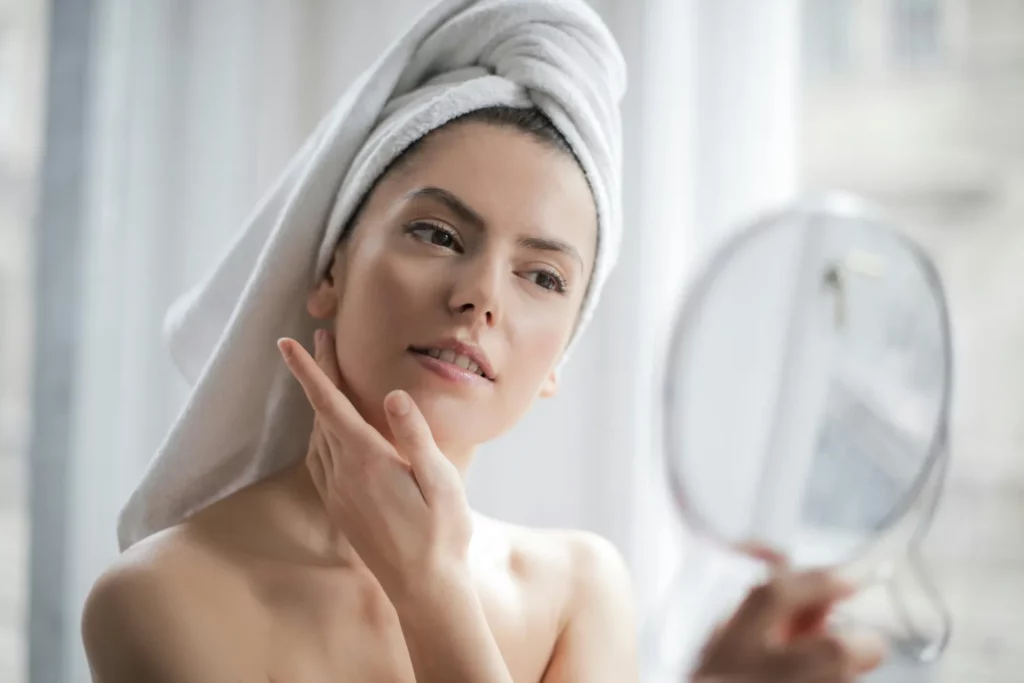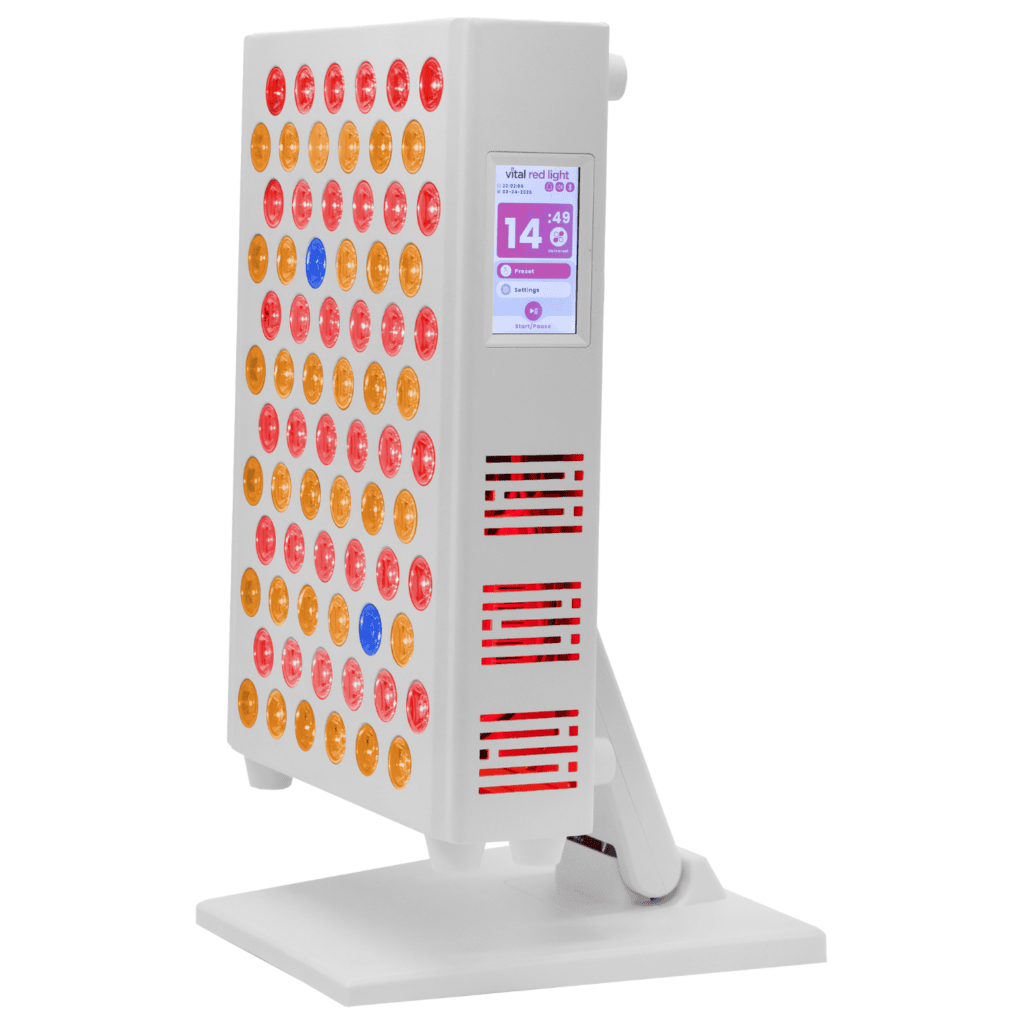
Let’s get that healthy skin looking better than ever
Achieving healthy skin goes beyond using skincare products. While creams and serums can enhance your complexion, your daily habits and lifestyle choices play a crucial role in maintaining skin health. Here are ten expert-backed tips to help you achieve glowing skin naturally.
1. Prioritize Sun Protection
One of the most important steps in skincare is protecting your skin from harmful UV rays. Prolonged sun exposure can lead to premature aging, dark spots, and an increased risk of skin cancer.
- Apply a broad-spectrum sunscreen (SPF 30 or higher) daily.
- Wear protective clothing, including hats and sunglasses.
- Seek shade between 10 a.m. and 4 p.m. when the sun’s rays are strongest.
2. Stay Hydrated
Drinking plenty of water keeps your skin hydrated from the inside out. Hydrated skin appears more plump, radiant, and youthful. Aim for at least 8 glasses of water daily and eat water-rich foods like cucumbers, watermelon, and oranges.
3. Eat a Skin-Friendly Diet
Your diet has a direct impact on your skin’s health. Nutrient-rich foods can help prevent breakouts and slow aging.
- Eat plenty of fruits, vegetables, and whole grains.
- Incorporate healthy fats from nuts, seeds, and fish to maintain skin elasticity.
- Limit processed foods, refined sugars, and excessive dairy, which can trigger breakouts.
4. Get Enough Sleep
Your skin repairs itself while you sleep, producing new cells and collagen to maintain its youthful glow. Poor sleep can lead to dull skin, dark circles, and premature aging. Aim for 7-9 hours of quality sleep each night.
5. Manage Stress Levels
Chronic stress increases cortisol production, which can lead to inflammation, breakouts, and skin conditions like eczema and psoriasis. Reduce stress through:
- Meditation or deep breathing exercises.
- Regular physical activity.
- Engaging in hobbies and spending time with loved ones.
6. Follow a Gentle Cleansing Routine
Over-cleansing or using harsh products can strip your skin’s natural oils, causing irritation and dryness.
- Use a mild cleanser that suits your skin type.
- Wash your face twice daily—once in the morning and once before bed.
- Avoid over-exfoliating, as it can damage the skin barrier.
7. Moisturize Regularly
Keeping your skin moisturized helps lock in hydration and maintain its protective barrier. Choose a moisturizer based on your skin type:
- Oily skin: Lightweight, gel-based moisturizer.
- Dry skin: Rich, hydrating cream with ceramides.
- Combination skin: Balancing lotion that hydrates without clogging pores.
For added protection, use a moisturizer with SPF during the day.
8. Avoid Smoking and Limit Alcohol
Smoking damages collagen and elastin, leading to premature wrinkles and a dull complexion. Similarly, excessive alcohol consumption dehydrates the skin, making fine lines more prominent. If you smoke, consider quitting, and if you drink alcohol, do so in moderation.
9. Exercise Regularly
Physical activity boosts circulation, delivering more oxygen and nutrients to your skin. This helps with cell regeneration and detoxification. Try:
- Cardio exercises like jogging or cycling.
- Strength training to improve overall skin tone.
- Yoga for relaxation and improved blood flow.
10. Shower with Lukewarm Water
Hot water can strip your skin’s natural oils, leaving it dry and irritated. Instead:
- Use lukewarm water when showering or washing your face.
- Limit showers to 5-10 minutes to retain moisture.
- Pat skin dry and apply moisturizer immediately after bathing.
Final Thoughts
Glowing skin isn’t just about the products you use—it’s about the choices you make every day. By protecting your skin from the sun, staying hydrated, eating well, and maintaining a consistent skincare routine, you can achieve a naturally radiant complexion. Small, consistent changes can make a big difference in your skin’s long-term health.




















